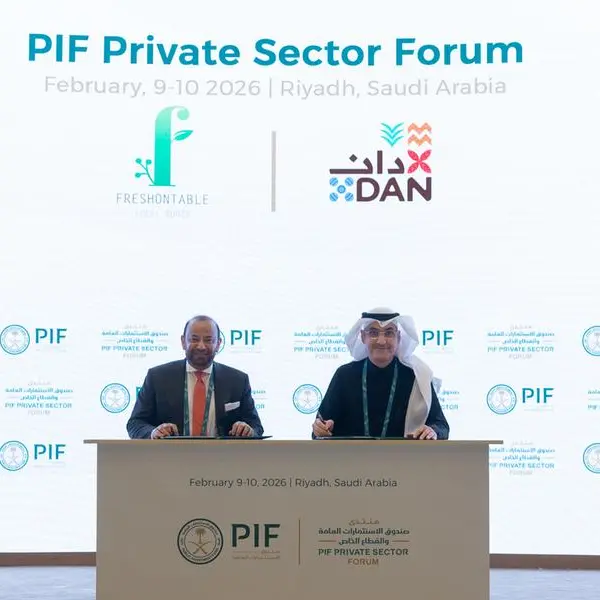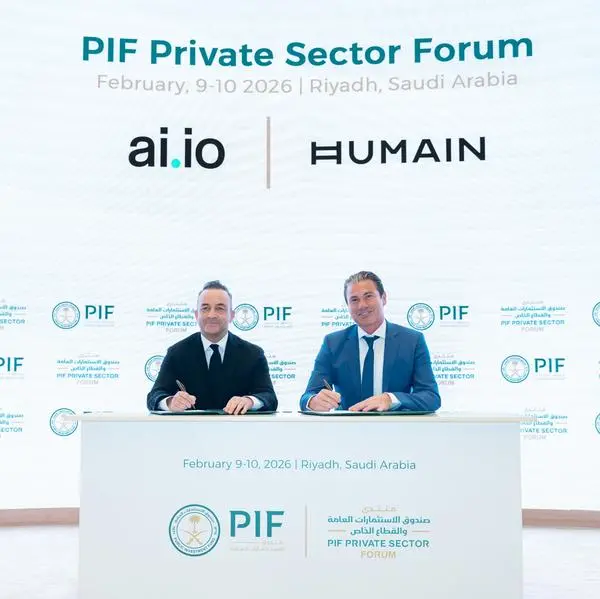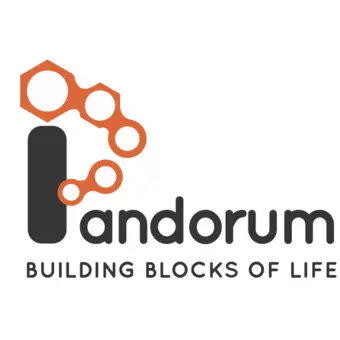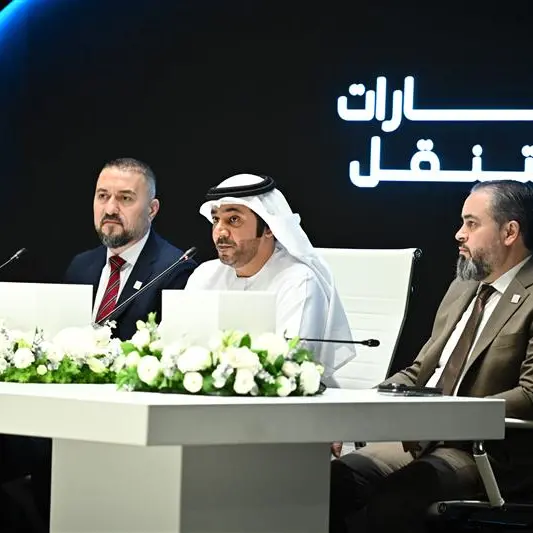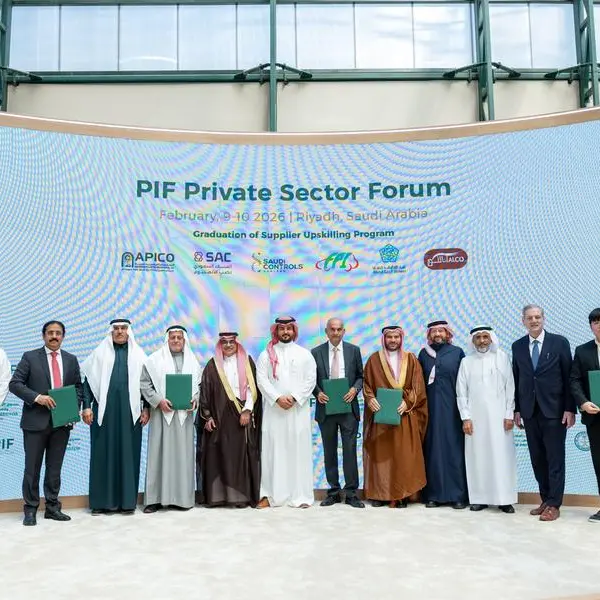Cairo, Egypt - March 19th, 2012: Ashoka Arab World (AAW) held an event last Wednesday as part of its series of Ashoka Innovation Network (AIN) events, under the title of "Innovative Solutions in Health: Social entrepreneurs in Action!" The event showcased successful examples of AAW Fellows who are Social Entrepreneurs working in the Health sector in Egypt using innovative approaches to address the sector's challenges and problems. The event aimed at highlighting ways in which social innovation and interactive collaboration can be used to improve the health sector in Egypt and across the region.
"Ashoka is the platform for social innovation, for individuals who are always trying to think of ways to develop local solutions to local problems," said Dr. Iman Bibars, Ashoka Arab World Regional Director, "We need a region where everyone, no matter their age, nationality or occupation is a Changemaker," she added "At Ashoka, we want to reposition the Arab world, we want to provide opportunities and hopes, we want to be Changemakers. Engaging individuals and organizations in social innovation, inspiring and supporting more social entrepreneurs to accelerate their impact and to bring more positive changes is the key for the region to progress," Dr. Iman added.
The event featured two Ashoka Arab World Fellows currently working in the Health field, to share their innovative experiences with the audience. First was Dr Sany Youssef, who is building a movement for PLHIV Through his organization, "Friends of Life", in an effort to enable people living with HIV/AIDS in Egypt to live fulfilling, productive lives and to combat the pervasive social stigma and alienation that they face
"HIV is a phenomenon, not a disease," said Youssef in his presentation, demonstrating that HIV sufferers in Egypt (whom he estimates to be at least 30,000) experience a trilogy of S's: shame, stigma, and silence. His organization contributes to revealing medical corruption and unjust treatment of HIV carriers and the rejection they face by ordinary doctors who feared the associated social stigma. Dr. Sany has managed to provide professional skills training courses to hundreds of PLHIV, helping them build meaningful lives for themselves. He has also engaged families, potential employers, and government bodies to promote the social inclusion of PLHIV.
Being part of Ashoka's network, exposed Youssef to the experiences of others, including their successes and failures, which he said acted as a social gauge for his progress. Ashoka taught him how to address the community, run a Civil Society organization, and particularly deal with the media and public.
Second was Dr. Essam Ghoneim, who is improving children's health and school performance by implementing a comprehensive model of nutrition education and guidance in public nurseries and primary schools in Alexandria. "Our objectives were to assess and improve the nutritional health status of children," he said. The association's program includes establishing a kitchen in participating schools and committing to a special daily diet schedule. The program aimed to provide a mean daily intake of 687 Kcal per child, especially 92 percent of the required protein, 72 percent of iron, and 143 percent of Vitamin C. At the cost of an added LE 2 per child, the program's most important feature is sustainability.
Ghoneim's results showed that the lowest average for blood haemoglobin increased from 8 percent prior to the program to 10 percent, a significant increase in a short duration. The global minimum for developing countries is 11 percent. When it came to weight loss, he showed that 46 percent of the overweight children in the participating schools lost 5.7 percent of their weight (3 kilograms) within 4 months.
Through his Mabarra Association and his Ashoka Fellowship, Essam is currently working to prepare 300 nutritionists for employment in public schools in Alexandria. In addition, he has instituted- in conjunction with the Governor of Alexandria and Ministries of Education and Social Solidarity - improved feeding programs in 50 schools in Alexandria. In doing so, Essam is reaching roughly 50,000 children aged 6 -12 years. He has hopes that it would replace the current nutrition program, which consists of providing children with biscuits daily, and which ran up costs that amounted to over LE 350 million.
Both Dr. Sany and Dr. Ghoneim are Social Entrepreneurs as they aren't only introducing new projects, rather they identified social problems, address them in a very innovative way that would help solving these issues differently, changing the system as well as positively impacting the lives of a wide range of people in the society, they have passion and commitment to the causes behind their work.
As the platform for Social Entrepreneurship, Ashoka is gathering business and social sectors, and reinforcing dedication to changing the world, thus Mr. Amir Nadeem, Danone Egypt Commercial Manager, participated in the event as an Ashoka partner. Nadeem focused on integrating the social and the corporate world, he presented the company's philosophy of "Bring health through for the world". Danone engages with communities and develops sustainable infrastructure through its global "initial endowment for ecosystem fund", which consisted of €100 million and a contribution of up to 1 percent of net profits for at least 5 years. "The company wanted people to consume healthy products to avoid deficiency altogether," Nadeem said. This would bring about a "triple win," as an improved social gain would lead to better life and in turn higher business growth, which rather than a charity, was a model that generated money that was reinvested in the group, effectively creating an ecosystem.
Audience at AIN event were young social entrepreneurs, individuals and organizations working in the Health Sector, have health background or interested in promoting Social Entrepreneurship in Egypt. The Q&A session brought a lot of very interesting and inspiring ideas by both the audience and Ashoka Fellows and Partners, setting a space of Social Innovation and encouraging positive social change.
-Ends-
About Ashoka:
Ashoka is the global community of the world's leading social entrepreneurs -- called Ashoka Fellows. Social entrepreneurs know what is not working in their societies and develop innovative solutions that change the system and eliminate the problem.
Ashoka sources the best social innovations, mobilizes thousands of people to create change, and enables businesses, the media, policy makers and "Changemakers" to work together to solve some of the world's most pressing social challenges.
Ashoka elects the world's leading social entrepreneurs as Fellows and provides them a range of services to grow their impact and expand their reach.
Ashoka Arab World has currently 61 Fellows, in 7 Arab countries (Egypt, Palestine, Jordan, Lebanon, Morocco, Kuwait, Saudi Arabia). These social entrepreneurs work in various sectors, making a difference for the benefit of environment, housing, health, children and youth, education, civic engagement, gender parity, education, job creation and income generation and other.
About Ashoka Innovation Network (AIN):
AIN is a place to learn about new ideas, trends and solutions from the most successful individuals and organizations involved in social innovation and to identify the benefits and ways of becoming a positive Changemaking.
AIN is a series of events that provides its participant with the opportunity to explore the concept of social entrepreneurship and its added value for the society, business and public sectors.
For more information, please contact us at:
Shaimaa El Nazer
Media and Marketing Assistant, Ashoka Arab World Regional Office
93 Abdel Aziz Al Saud, Apt 1, 7th floor, El Manial, Cairo
Tel: +2 02 25328586/ 02 23655336
Email: media@ashoka-arab.org
Nominate a Fellow to the prestigious Ashoka Fellowship through http://www.ashoka-arab.org/about-ashoka/nominate-a-fellow.html or write to us at venture-assist@ashoka-arab.org
© Press Release 2012


